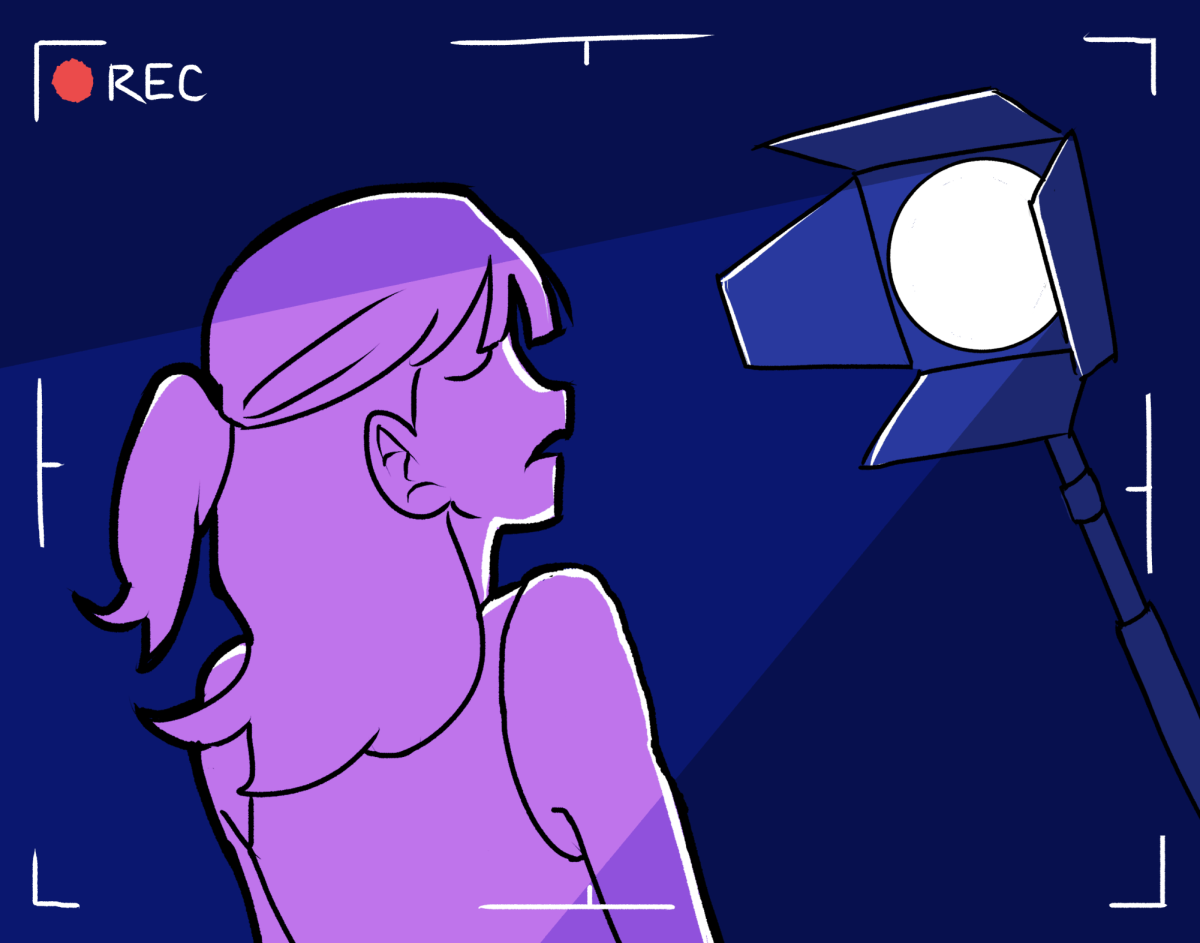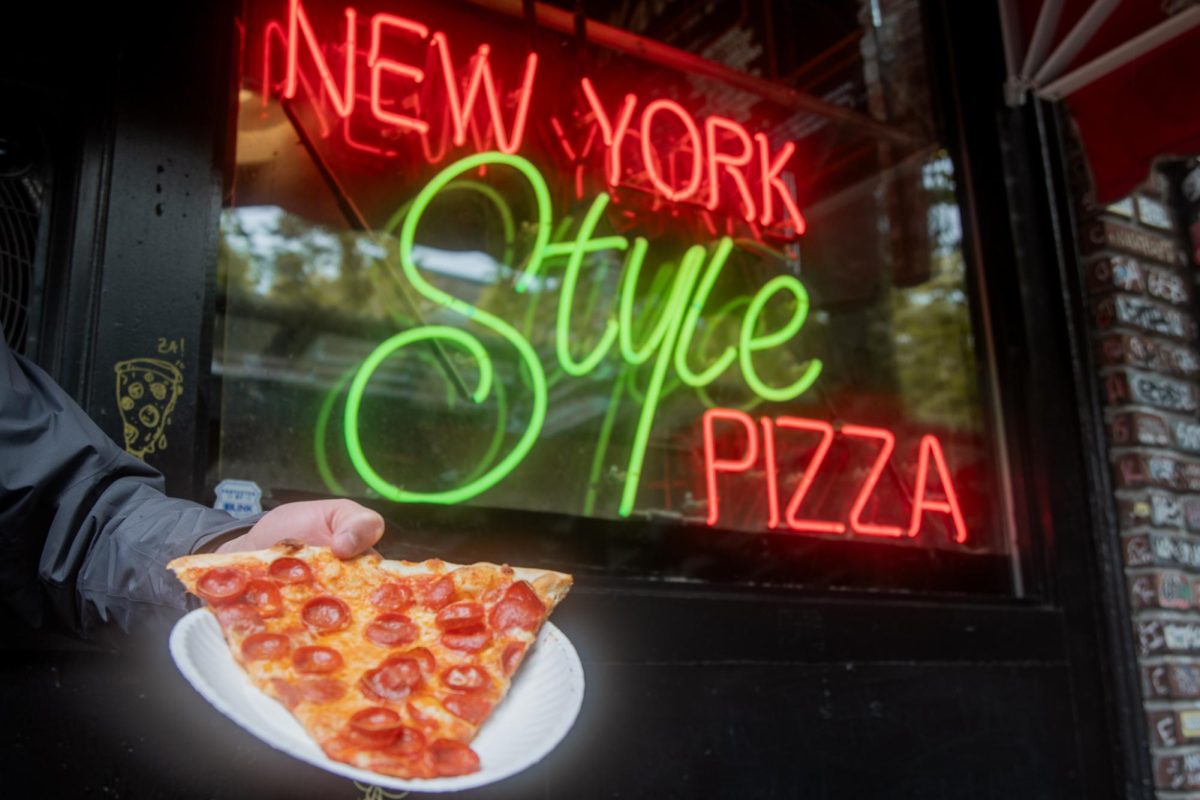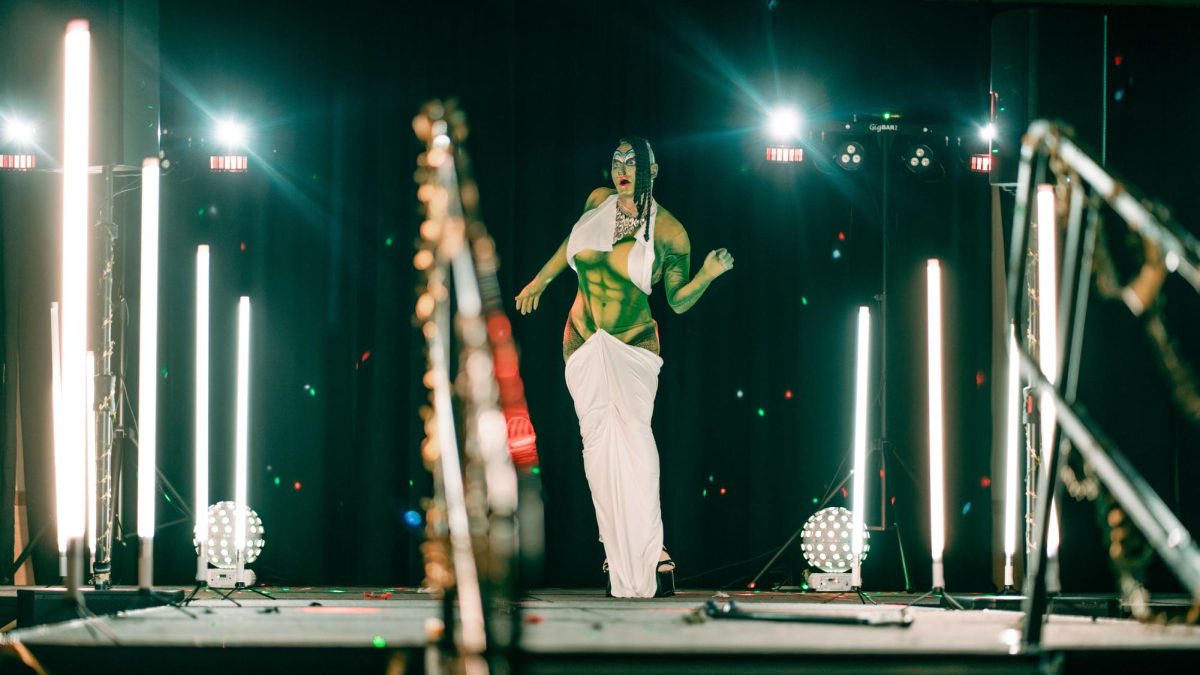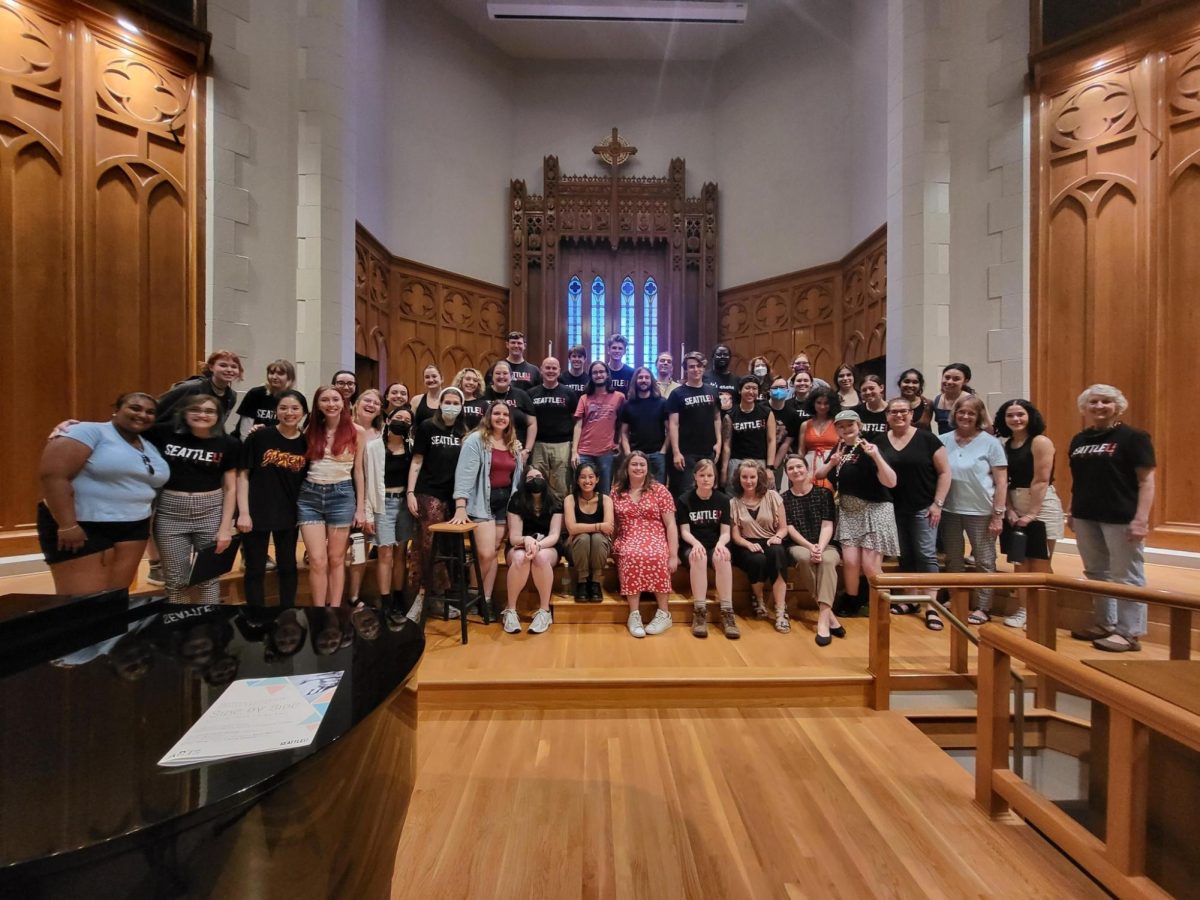Content warning: This article discusses child sexual abuse. Reader discretion is advised.
There was significant speculation about abuse and the predatory treatment of child stars on the Nickelodeon network in the late 2010s, a conversation recently ignited by TikTok, Instagram and YouTube videos. Ultimately, with increased attention, this triggered an investigation that later resulted in the making of “Quiet On Set: The Dark Side of Kids T.V.” This long awaited docuseries was released March 17th on Max.
Different cast members and screenwriters discuss the treatment and abuse they endured while working for Dan Schneider—the same feeling of discomfort, sexual abuse, and inappropriate behavior.
With allegations and people coming forward to tell their stories and insiders in the network defending abusers, Third-year Business Law Major Ella Chalmers had some thoughts on the matter.
“The show business industry relies on connections and how so many people abuse those connections to make a profit and continue committing crimes just for fame and money,” Chalmers said.
Chalmers adds that everyone endured different levels of abuse, “Every single person was put through a different form of sexual abuse and it just reminds us that everybody should be believed. It just shows how many men have not come forward,” Chalmers said.
Lia Collis, a third-year communication and media major, expressed that people sometimes don’t speak up in this situation because they fear they will lose their careers and negatively impact their reputation.
“When you’re in that industry you know that you’re doing that for connections, and the acting gig is the only way to pursue that. Speaking up means that it could jeopardize your career and your credibility as a person. Especially when everyone is super replaceable in that industry,” Collis said.
Many people criticize victims for not speaking up but Collis understands that there is trauma involved that paralyzes people from searching for help, and a lack of support when they actually do share their stories.
“There’s a shock effect [when abuse happens] you can’t move mentally and physically. You don’t know what to do. You might feel like you’re crazy and you did something wrong,” Collis said
Tahina Tomazec, a third-year film major, had some thoughts to share on children being in the entertainment industry.
“[With] allegations or observations of these adults treating children in weird and abusive ways that should already be shut down. There should be no excuse for these adults to continue working with child stars and creating content,” Tomazec said.
According to screenwriters, co-stars and parents on the set of the Nick network, Schneider groomed child stars by “mentoring” them. Katrina Johnson, an actress from “All That,” explained how Schneider would coordinate her image, jokes and likeness. The docuseries shows how she was picked from an audition tape and hand-selected by Schneider because he wanted to mentor her. She liked the support and thought that it was what she needed to excel in Hollywood.
However, she noticed that success had its limits and an expiration date. When she was gaining weight before puberty, Schneider told her parents she needed to be on a strict diet because she couldn’t be fat. There was already a fat girl on the show. After Johnson had gone through puberty, her expiration date had succumbed and she was replaced. Amanda Bynes would take her place.
Another child star Leon Frierson expressed his concern about his discomfort with the content of “All That.” Costumes, storylines and jokes were all written in a way to hinder sexual undertones that weren’t appropriate for children. As a boy on the show, he felt that the costumes were too tight and showed off parts of his body that made him feel exposed.
The most shocking story in the docu-series is when Drake Bell publicly shared his story of alleged abuse. When Drake was a minor he experienced sexual assault from his dialogue coach, Brian Peck. Most of the people who experienced abuse while acting on Nickelodeon were minors when it happened.
Deprivation of the ability to speak up about their experiences at the time has caused them to live with pain and guilt that has been buried for years. Yet, with the general public now hearing their stories after spending many years in the dark, there has been compassion and encouragement for people to seek support.
What the docuseries has also done is remind the general public that stories of victims matter while showing how valuable safe spaces are. As more people view the docu-series and engage with the stories, a space can be created, and normalized for other people to feel safe as well as share their struggles and pasts.











